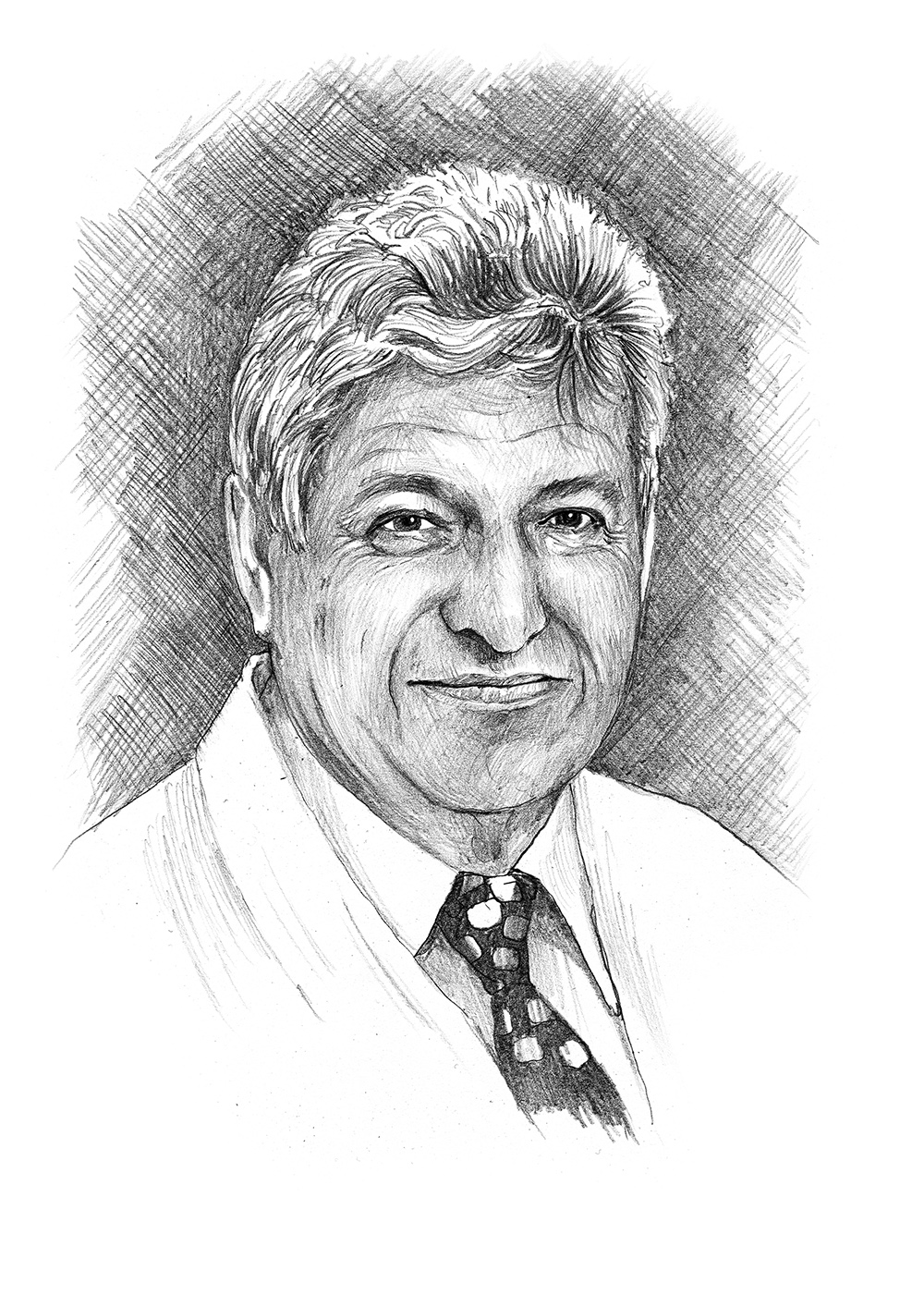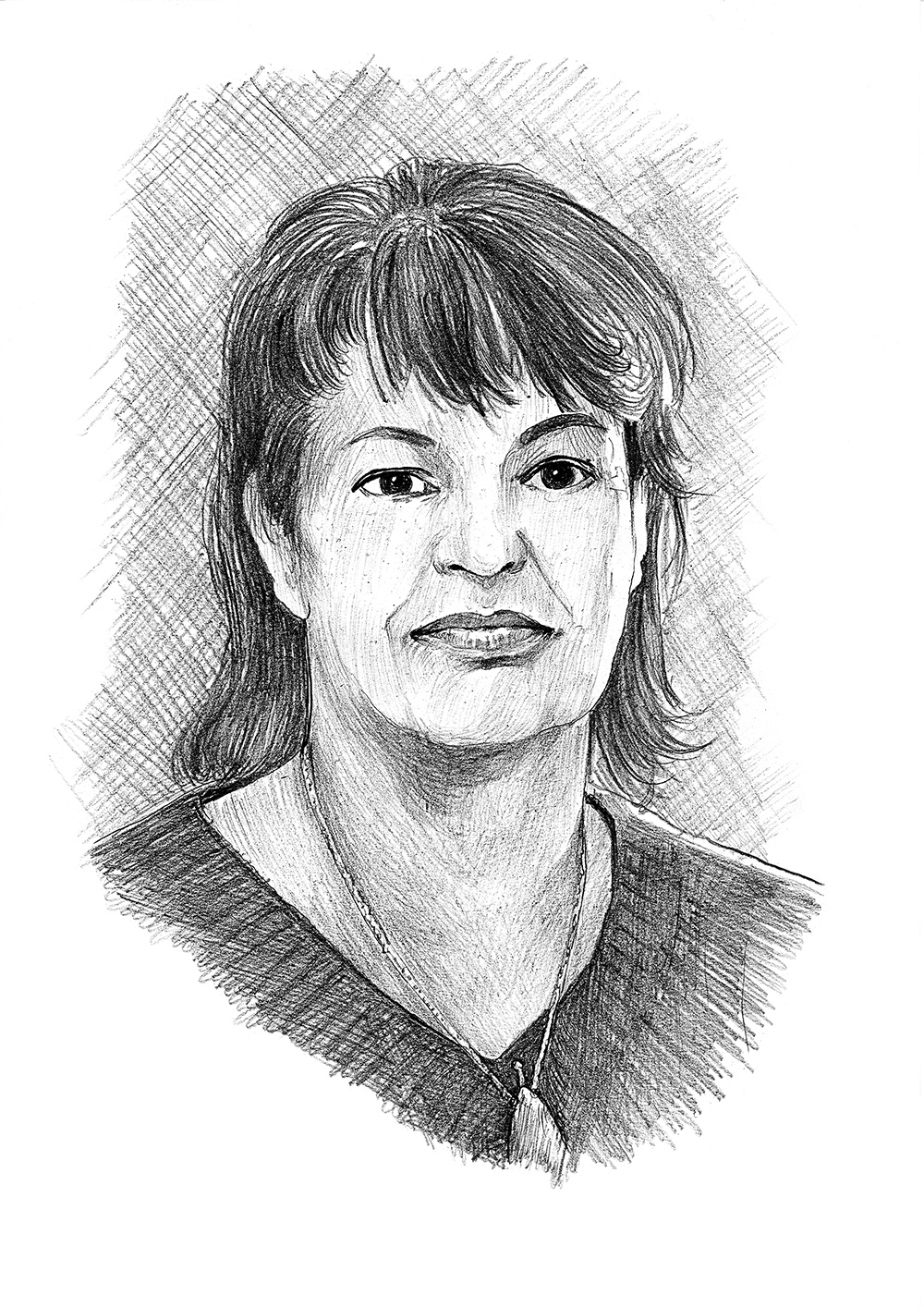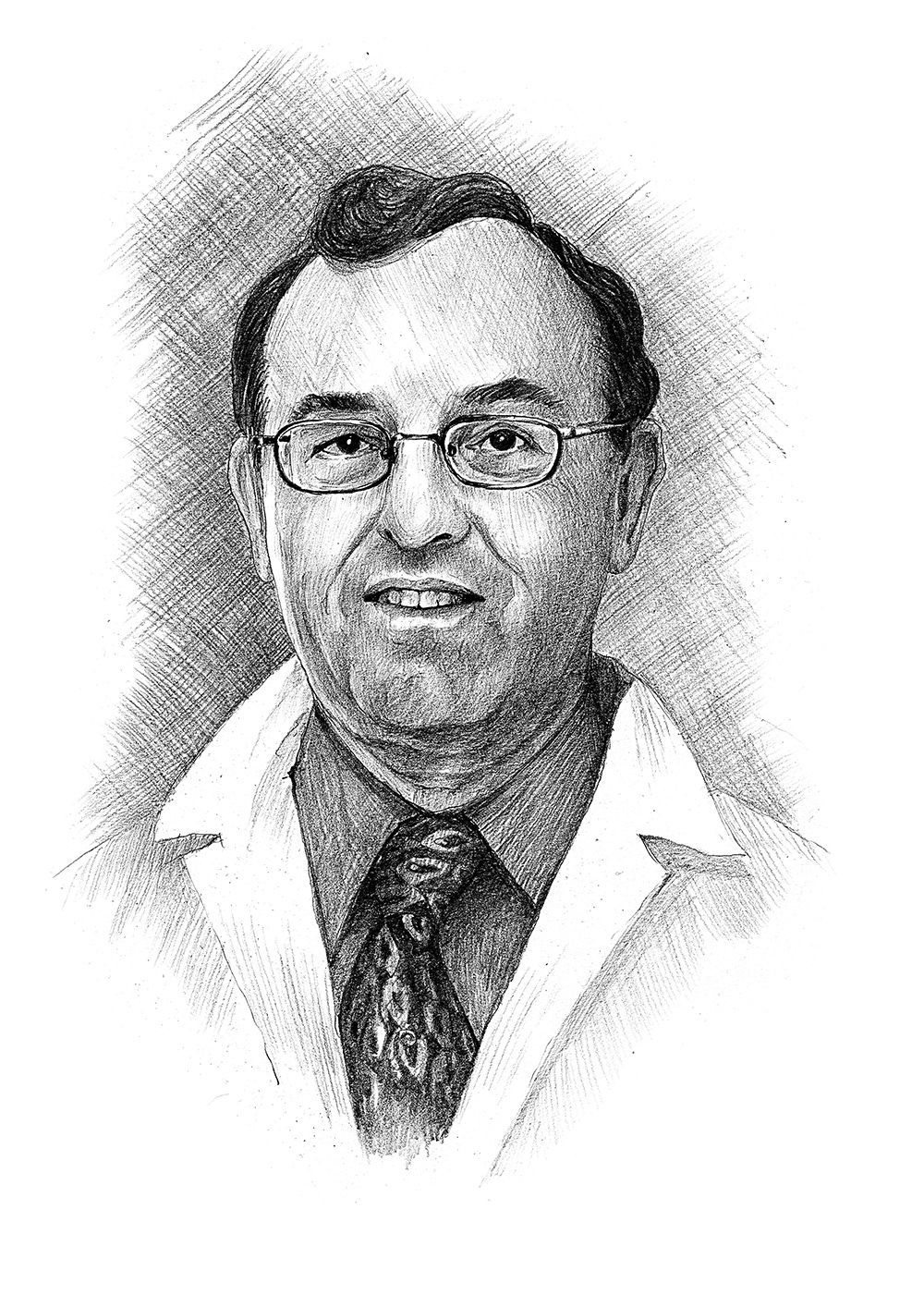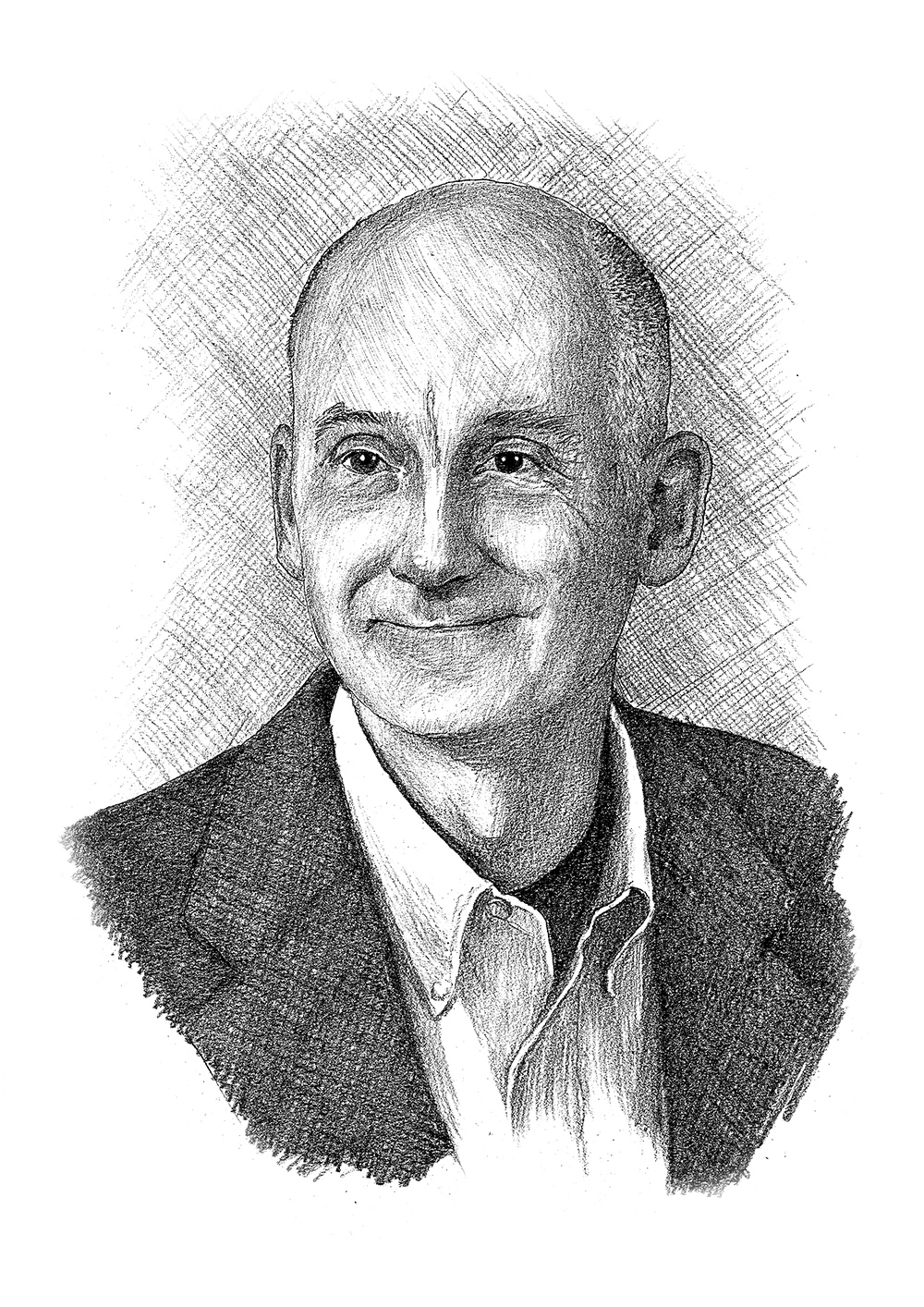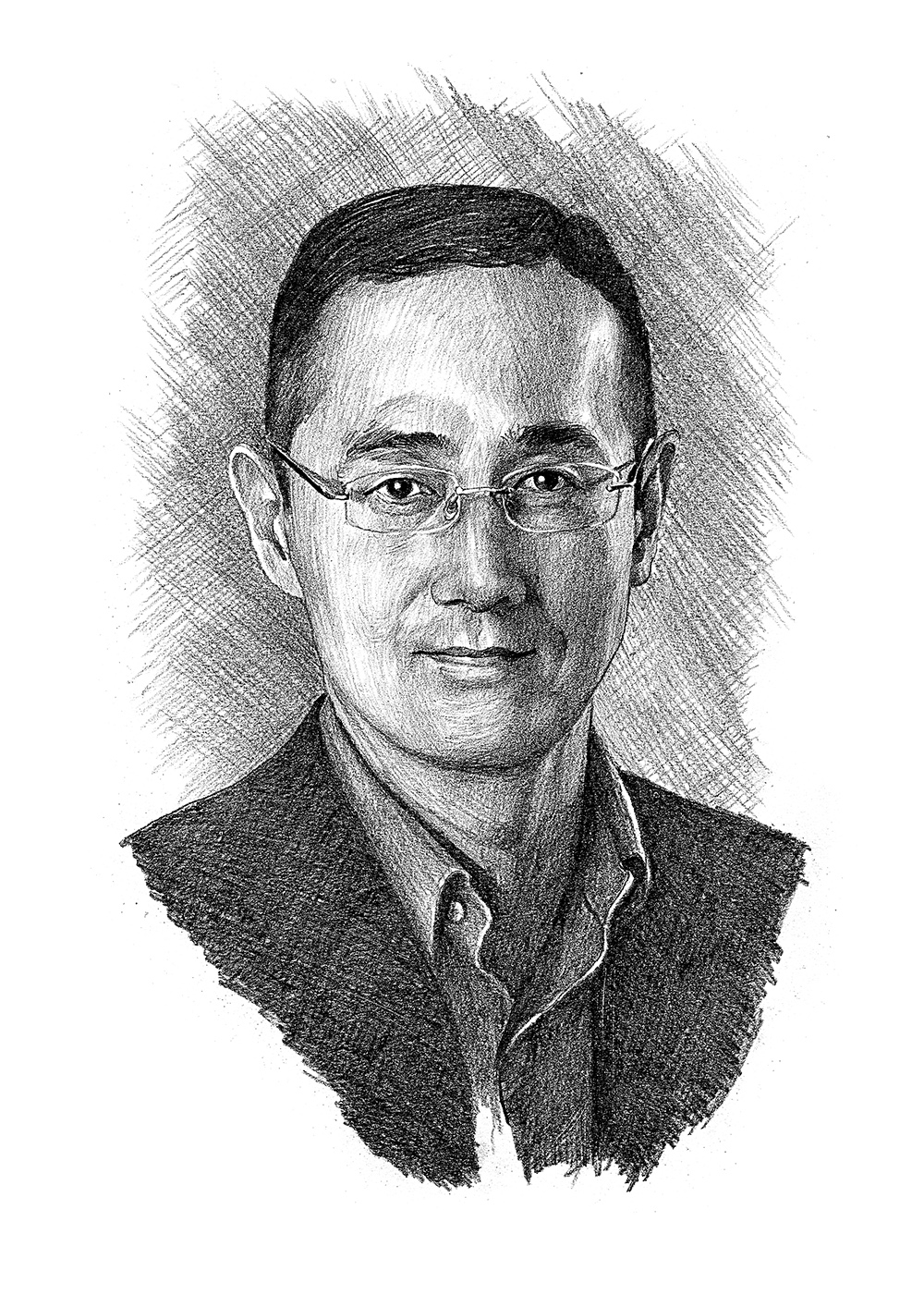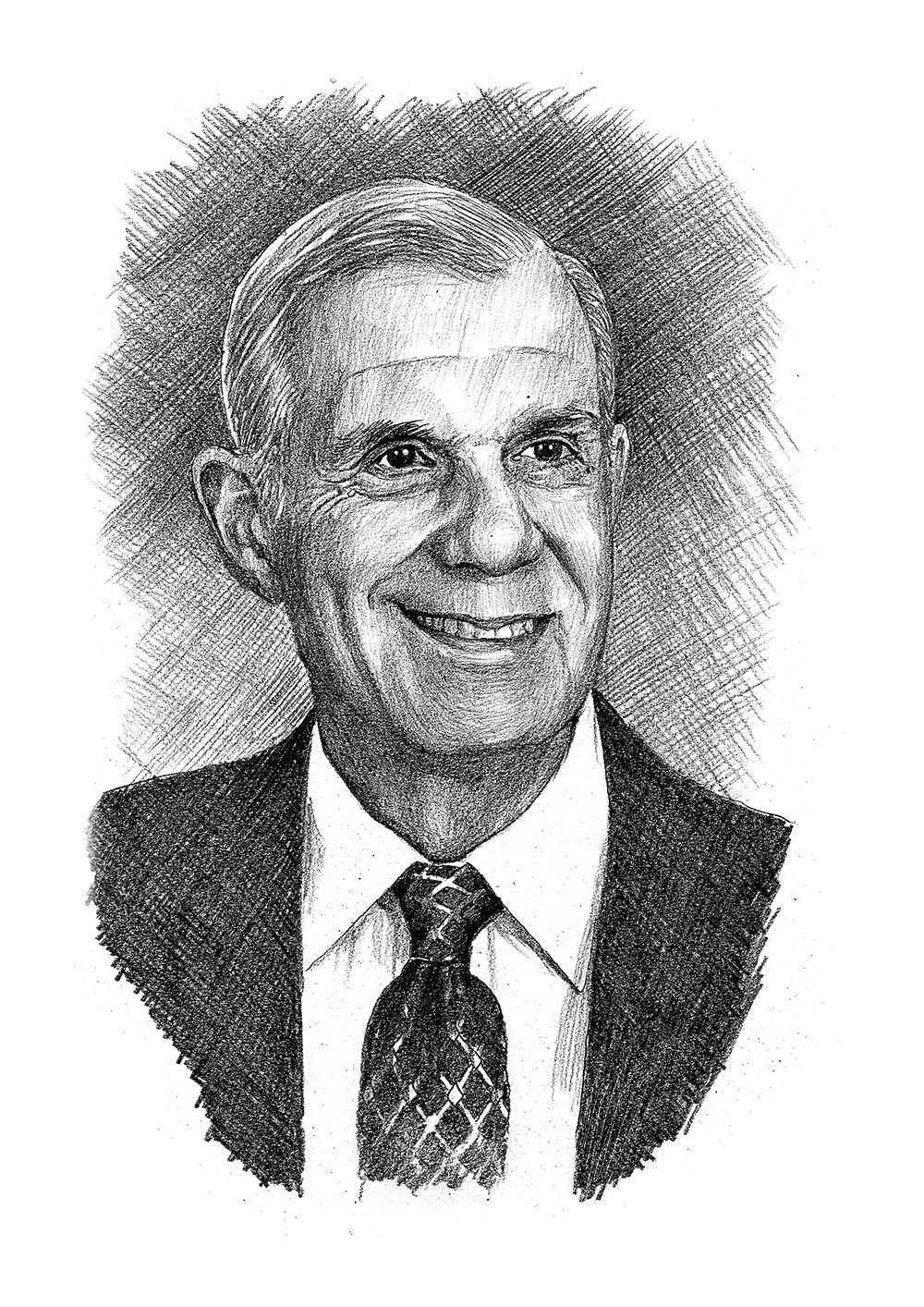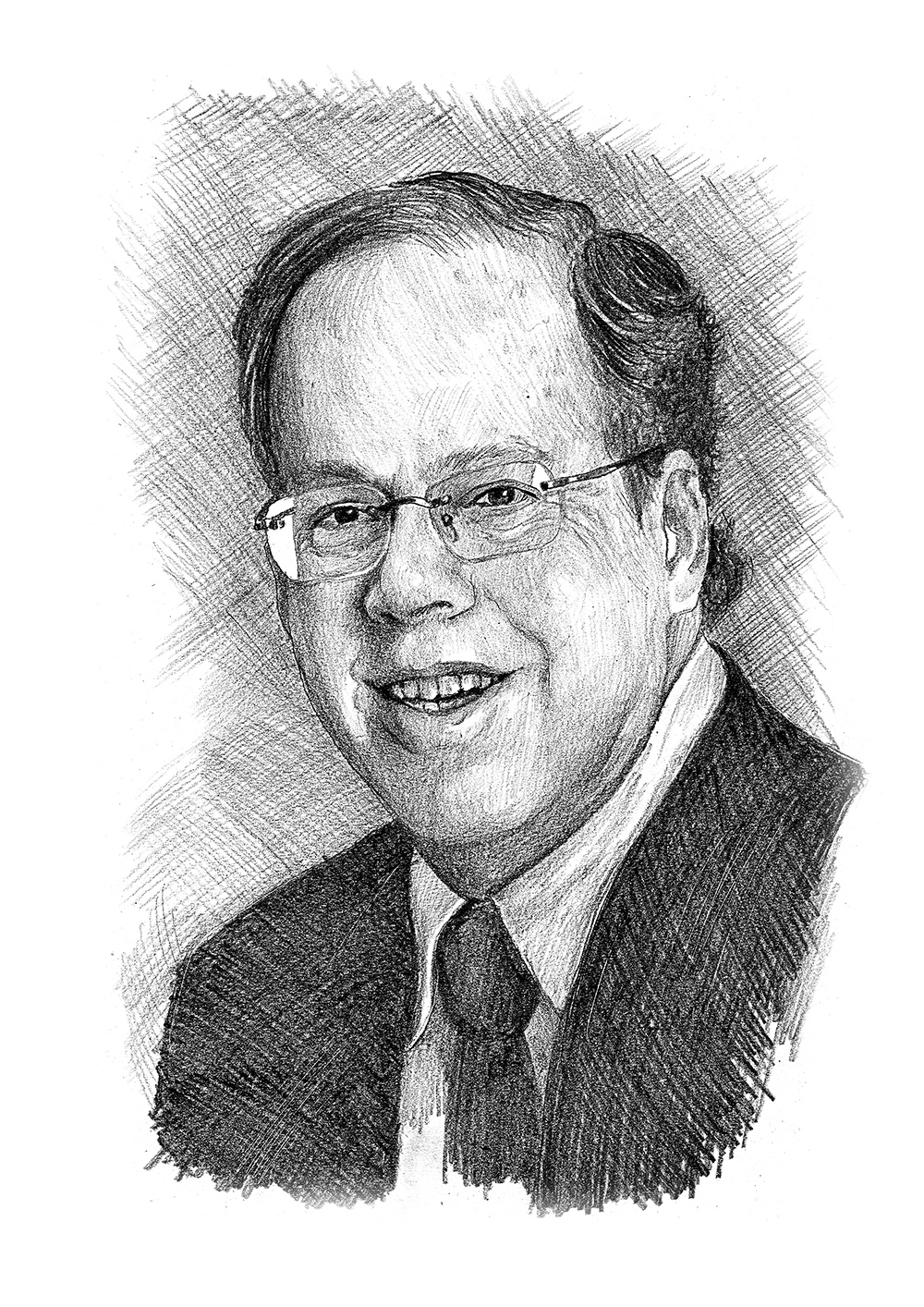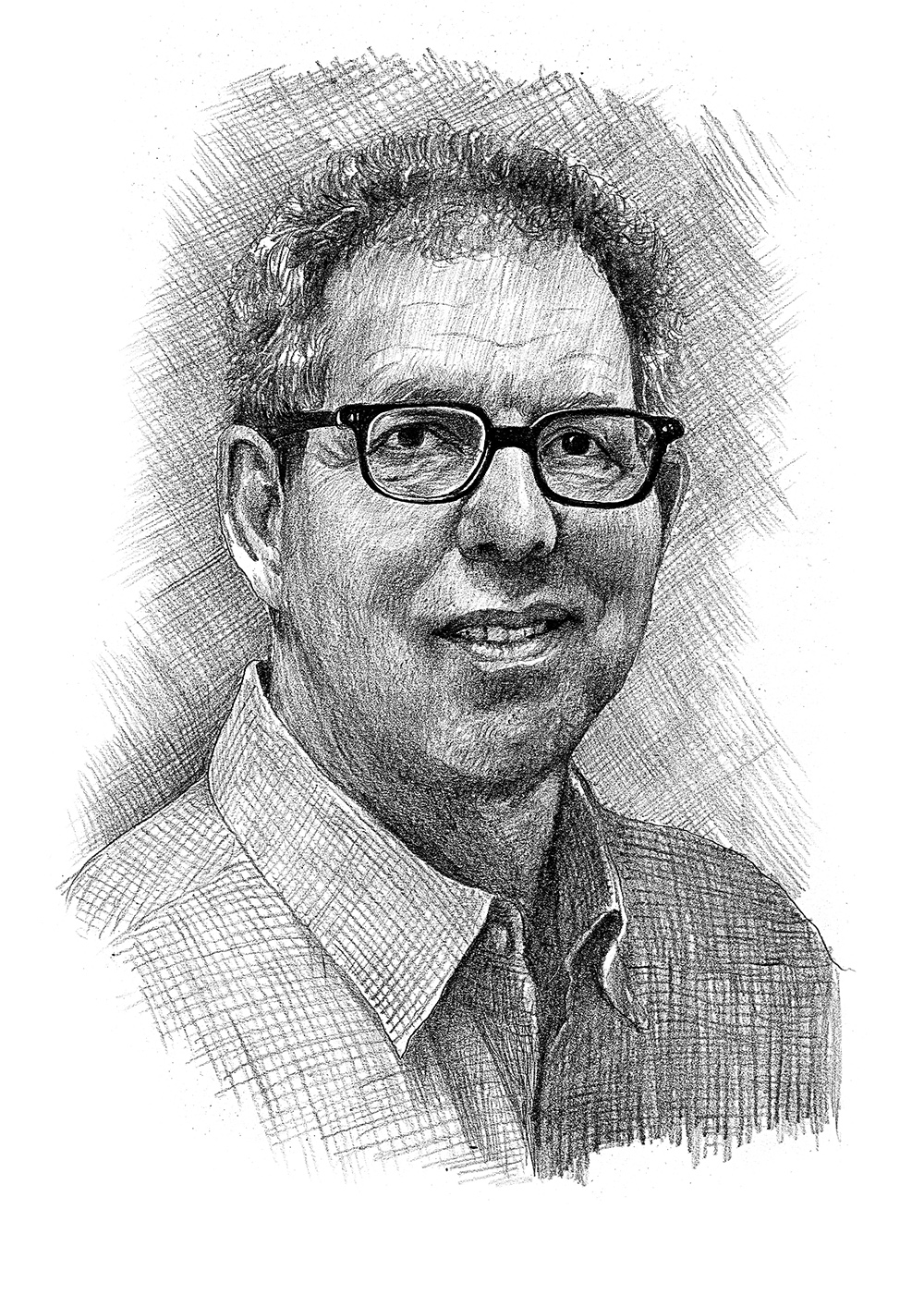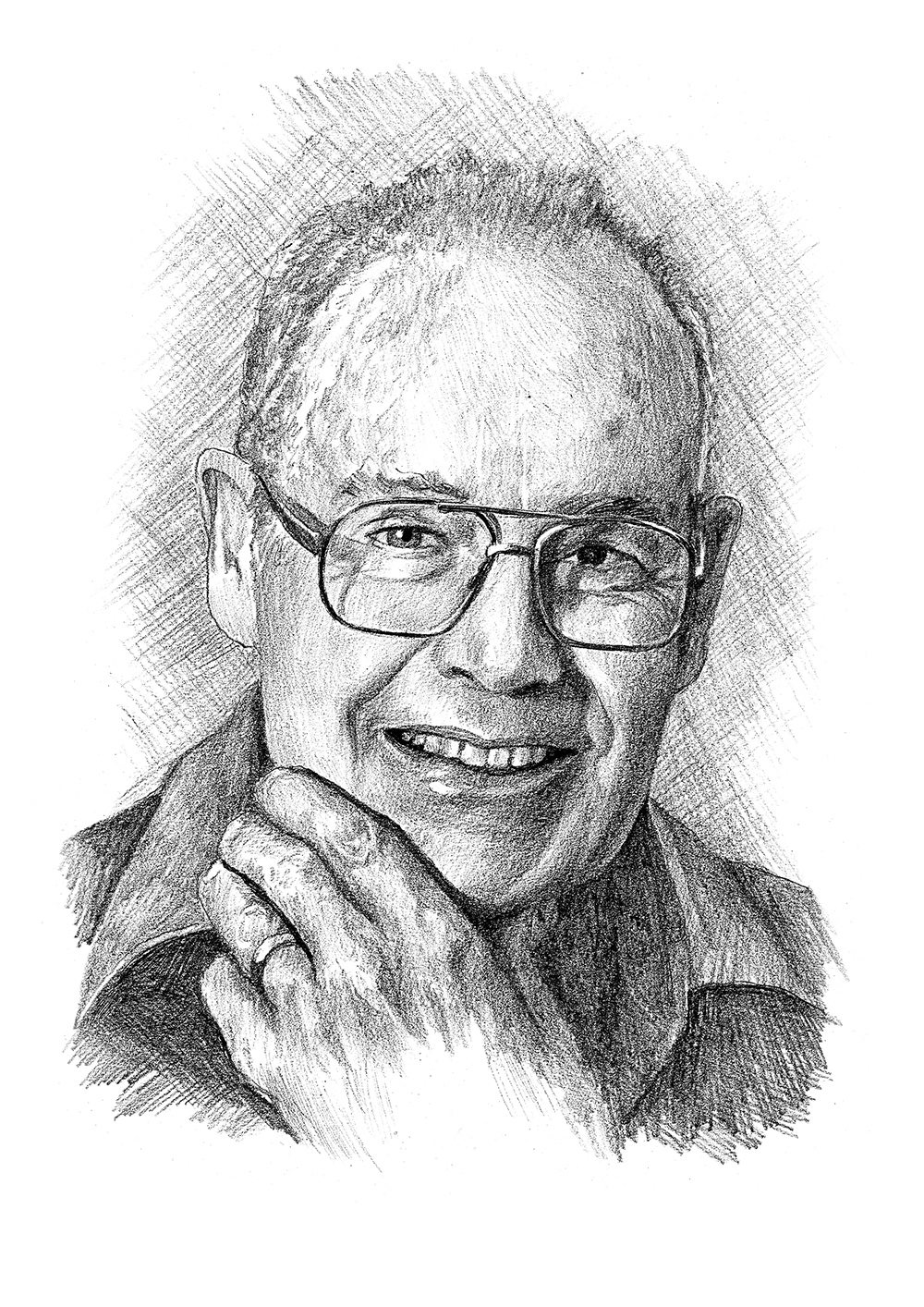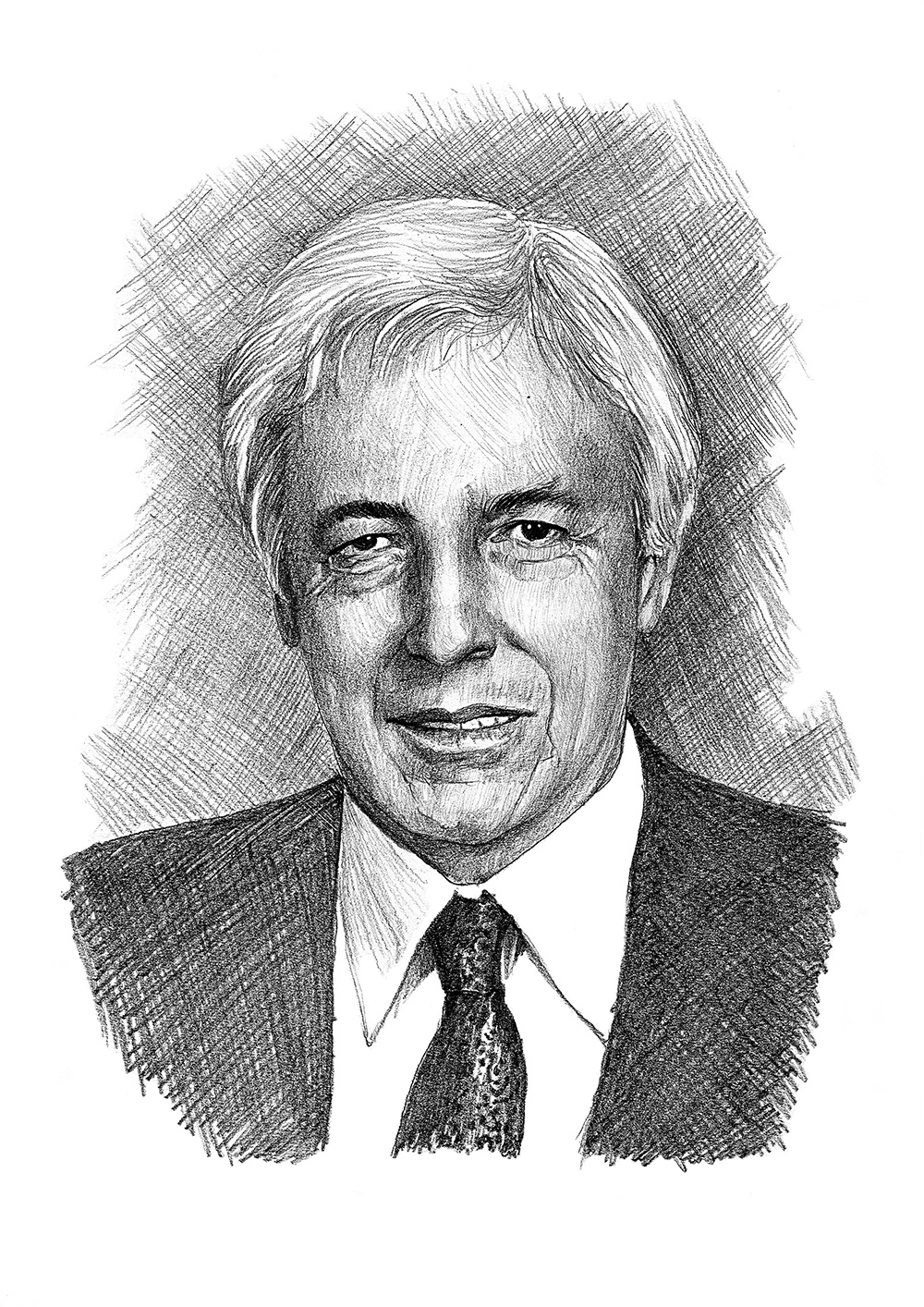Reinhold Ganz studied medicine in Kiel, Germany and Innsbruck, Austria between 1958-1964, and earned his M.D. from the University of Freiburg in 1964. He then completed his residencies in Germany and Switzerland. He joined the Department of Orthopedic Surgery at the University of Bern in the early 1970’s and became a Professor and the Chair of the Department from 1981 to 2004. He is currently a Professor Emeritus at the Department of Orthopedic Surgery at the University of Bern and Consultant for Joint Preserving Hip Surgery in Bern and the University of Torino, Italy.
Professor Ganz is one of the most accomplished orthopedics and hip surgeons in the world. He has influenced a whole generation of orthopedic surgeons through his research, surgical innovations, and teaching. He led the Department of Orthopedic Surgery at Bern University for nearly a quarter of a century during which he initiated and led studies into the hip conditions known to culminate in the development of osteoarthritis. He investigated the problem of hip dysplasia, performed pioneering research into the vascular supply of the femoral head, and devised a new surgical strategy – now known as the Bernese Periacetabular Osteotomy – that allowed correction of the majority of acetabular deficiencies with accuracy, predictability, and acceptable morbidity, and trained hundreds of hip surgeons to safely carry out the procedure. He also recognized the phenomenon of hip impingement as a cause of osteoarthritis and devised surgical strategies to treat the pre-arthritic hip, thereby preventing or delaying the progression of frank osteoarthritis. His systemic pursuit of an understanding of these conditions established him as a leader of conservative hip surgery that is non-arthroplasty surgery.
Professor Ganz authored over 450 publications and held many visiting professorships and guest lectureships in different universities and institutions. His contributions were recognized by many awards and prizes, including the Prix Mondial Nessim HABIF de Chirurgie of the University of Geneva, the Arthur Steindler Award of the Orthopedic Research Society, the Pauwels Medal of the German Society for Orthopedics and Orthopedic Surgery (DGOOC) and the Medal of Honor of the German Pediatric Orthopedic Association. He is a Member of the Swiss Academy of Medical Sciences, an Honorary Fellow of the Royal College of Surgeons of Edinburgh, an Honorary Trustee of the Osteoarthritis/ASIF Foundation, and an Honorary Member of the American Hip Society, the French Society of Orthopedic Surgery and Traumatology (S.O.F.C.O.T.), and the USA Southern Orthopedic Association and Honorary Founding Member of the Mexican Hip Society. He led the Foundation for the Advancement of Orthopedic Surgery (Synos) for 11 years and the AO/ASIF Foundation for 10 years, and has been recently elected President of the International Hip Society. He is a member of editorial boards and reviewer of major medical journals in his field.
This biography was written in the year the prize was awarded.

